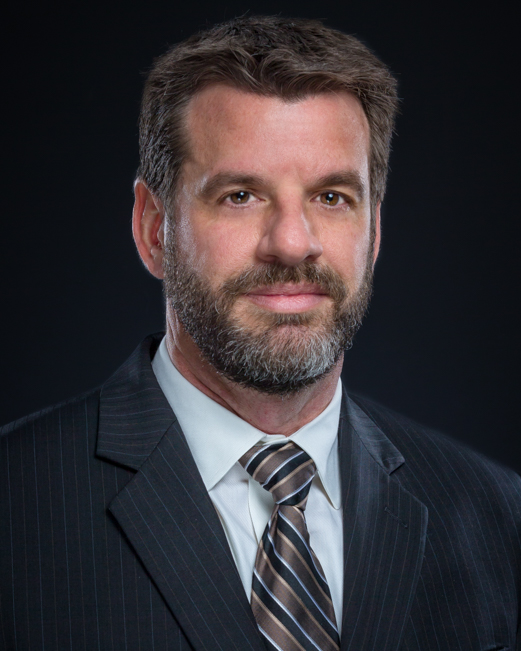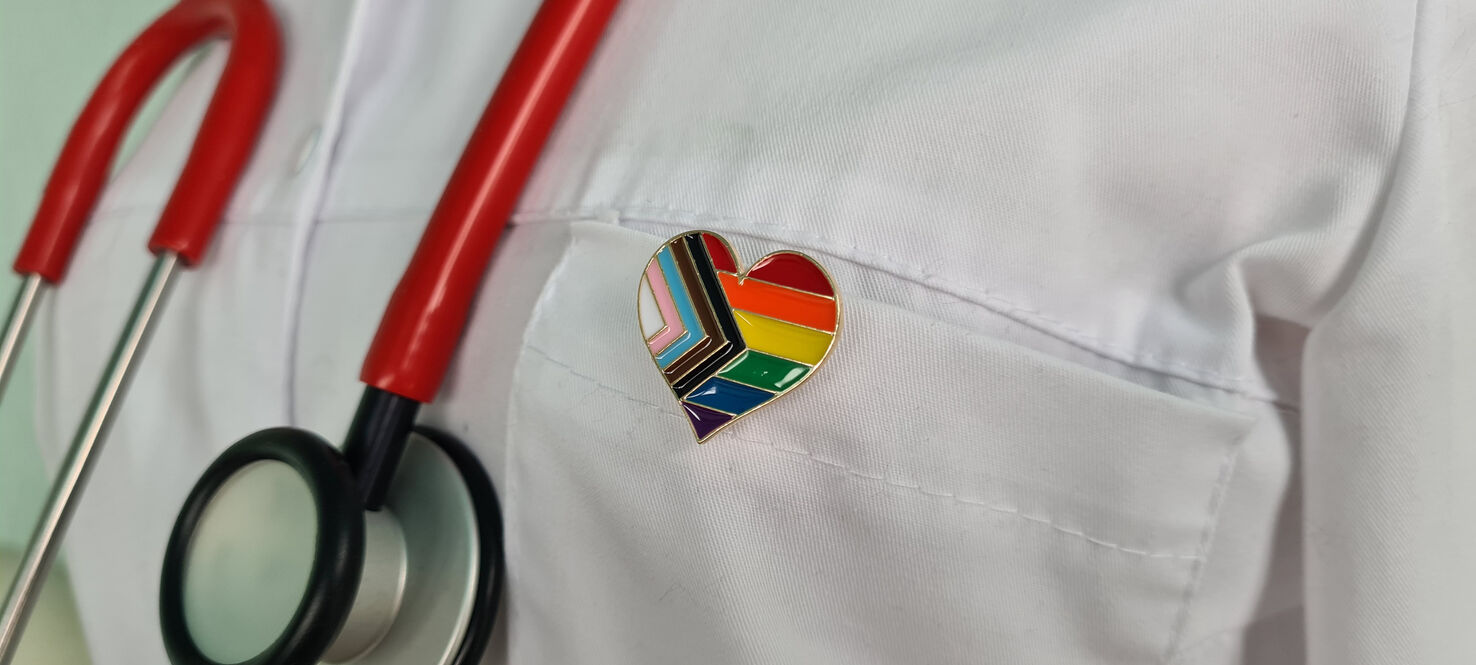Report: Presumption-of-Care Gap is Largest Obstacle for LGBTQ+ Patients
The fear that a provider will refuse care due to gender identity or sexual orientation is a large contributor to health care disparities impacting the LGBTQ+ community. That’s according to a first-of-its-kind study by the American Cancer Society, which provides the latest statistics on the prevalence of cancer screening and risk factors in LGBTQ+ populations.
“It's an alarming piece of news, but it can be improved upon and eventually overcome,” said Matthew Schabath, PhD, co-leader of the Cancer Epidemiology Program at Moffitt Cancer Center.

“The LGBTQ+ population has an increased risk and poorer outcomes for certain cancers, but despite that increased risk, they are less likely to go to the doctor for cancer screenings,” Schabath said. “This group has also reported lower satisfaction with cancer care. Accessing care is a huge barrier to getting high-quality care.”
The ACS found that LGBTQ+ individuals in the United States have elevated prevalence of smoking, excess body weight and other factors that increase cancer risk. For example, bisexual women are twice as likely as heterosexual women to smoke cigarettes (23% versus 10%) and drink heavily (14% versus 6%).
“Minority stress” is a likely contributor to behaviors like smoking that increase cancer risk, according to other studies. These findings suggest cancer disparities, cancer incidence and mortality for this population are not available because sexual orientation and gender identity are not routinely collected in health care settings, despite the community’s willingness to report this information.
Moffitt, however, does collect this information, which is included in a patient’s health record and ensures better and more comfortable care.
“Creating an environment in which everyone is comfortable discussing health care and their best treatment options continues to be instrumental in our mission to prevent and cure cancer,” said Cathy Grant, vice president and chief diversity, equity and inclusion officer at Moffitt. “We always say that cancer does not discriminate, and that remains true.”

According to the ACS, the biggest takeaway from its report is that LGBTQ+ people are likely at a higher risk of cancer yet experience multiple barriers to high-quality health care access. Barriers include discrimination and shortfalls in provider knowledge of that community’s unique medical needs.
For the study, researchers examined prevalence of risk factors across the U.S. based on the National Health Interview Survey (for information on sexual orientation) and the Behavioral Risk Factor Surveillance System (for gender identity), which are both collected by the Centers for Disease Control and Prevention.
Other highlights from the report include:
- Excess body weight appears to be elevated among bisexual women according to one national survey, although the National Health and Nutrition Examination Survey, the gold-standard source for this metric that includes an in-person physical exam, does not collect data on sexual orientation or gender identity.
- The prevalence of cancer-causing infections, such as human immunodeficiency virus (HIV), human papillomavirus (HPV), and hepatitis C virus (HCV) are considerably higher in some LGBTQ+ population groups.
- HIV-infected individuals are at a higher risk for at least 10 cancers.
- Screening for some cancers is low among transgender people. For example, 46% of transgender men are up-to-date on colorectal cancer screening compared to 60% of cisgender men.
- Only 25% of medical students are confident in the health care needs of transgender patients, and 30% are not comfortable treating transgender patients according to one study.
“Everyone deserves an equal opportunity to prevent and detect cancer early, which is why it’s so important to remove these roadblocks for this population,” Rebecca Siegel, lead study author, said in a statement.



